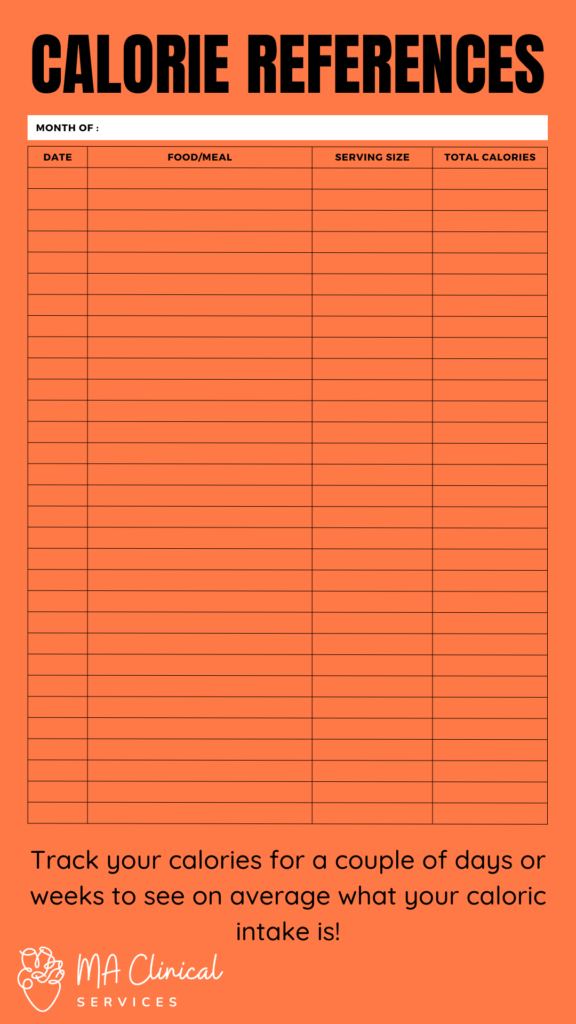
The Surprising Connection: Calories and Weight Loss
The Surprising Connection: Why not eating enough calories can impact weight loss
Let’s talk about calories and weight loss. Embarking on a weight loss journey often leads individuals to adopt drastic measures, including severely restricting their calorie intake. While the intention is to shed those extra pounds, it may come as a surprise that not eating enough calories can actually impede the very goal one is striving to achieve. In this blog post, we’ll explore the intricate relationship between calorie intake and weight loss, uncovering the reasons why inadequate calorie consumption may hinder your progress.
Metabolic Slowdown
Our bodies are finely tuned machines that constantly adapt to changes in our environment, including the amount of food we consume. When calorie intake drops significantly, the body interprets it as a signal of scarcity, prompting it to slow down metabolism to conserve energy. This metabolic slowdown means the body burns fewer calories at rest, making weight loss a more challenging feat.
Loss of Lean Muscle Mass
Insufficient calorie intake can lead to the breakdown of lean muscle mass for energy. When the body is not receiving enough calories to meet its energy needs, it turns to alternative sources, and unfortunately, muscle tissue becomes a target. The loss of lean muscle mass can further contribute to a slowed metabolism, as muscles play a crucial role in calorie expenditure.
Nutrient Deficiency
Eating too few calories often means missing out on essential nutrients that the body needs for optimal functioning. A well-balanced diet ensures that the body receives an adequate supply of vitamins, minerals, and other micronutrients. When calorie intake is too low, nutrient deficiencies can arise, impacting overall health and potentially leading to fatigue and decreased physical activity – both of which are detrimental to weight loss efforts.
Increased Risk of Binge Eating
Extreme calorie restriction can trigger feelings of deprivation and hunger, making it challenging to sustain over the long term. The psychological and physiological toll of constantly feeling hungry can result in periods of overeating or binge eating when willpower eventually wanes. These episodes of overindulgence can offset any progress made during periods of calorie restriction.
In the pursuit of weight loss, it’s essential to adopt a balanced and sustainable approach to calorie intake. Severely restricting calories may seem like a shortcut to quick results, but it can have detrimental effects on metabolism, muscle mass, nutrient levels, and overall well-being. Instead, focus on a well-rounded diet that provides the necessary nutrients for your body to function optimally. Consulting with a healthcare professional or a registered dietitian can help you create a personalized and effective weight loss plan that promotes long-term success while prioritizing your health. Remember, the key to successful weight loss lies not just in eating fewer calories but in nourishing your body with the right balance of nutrients.

Contact Us to Get Started



